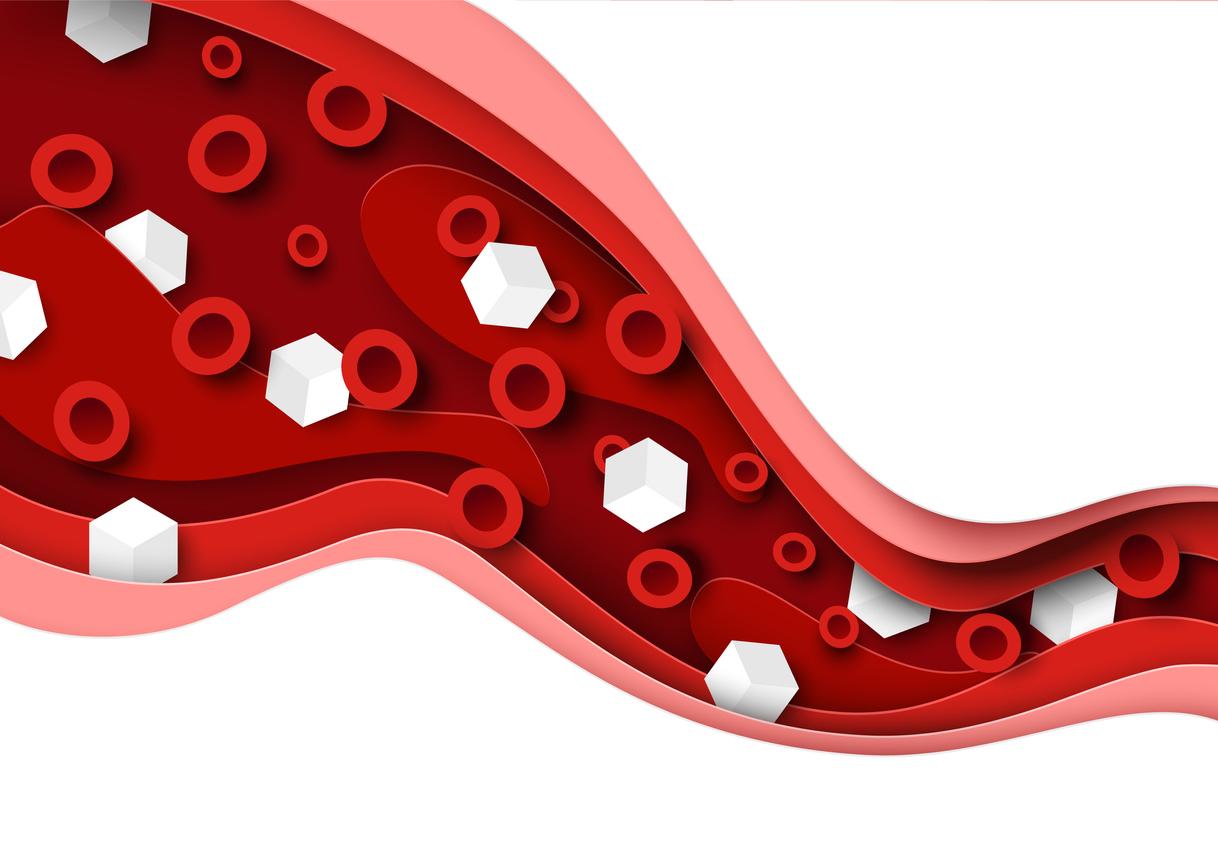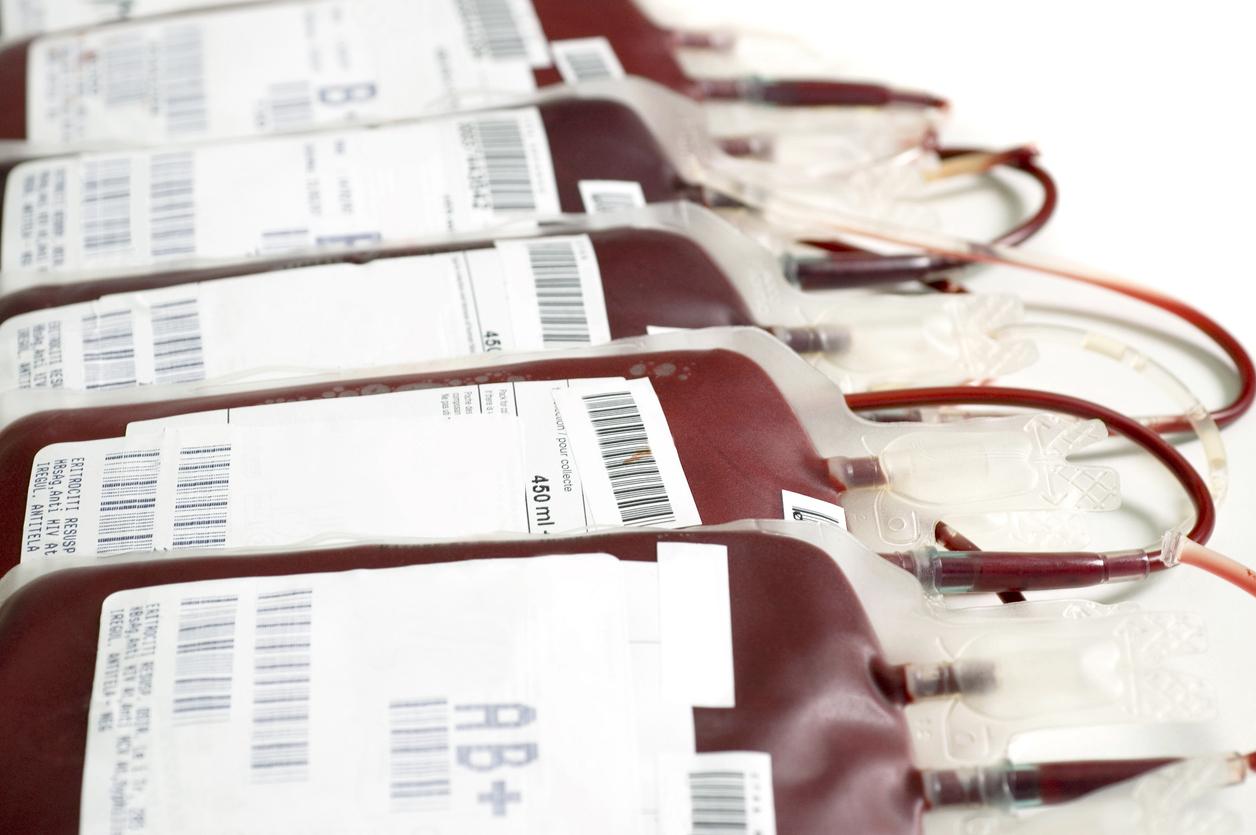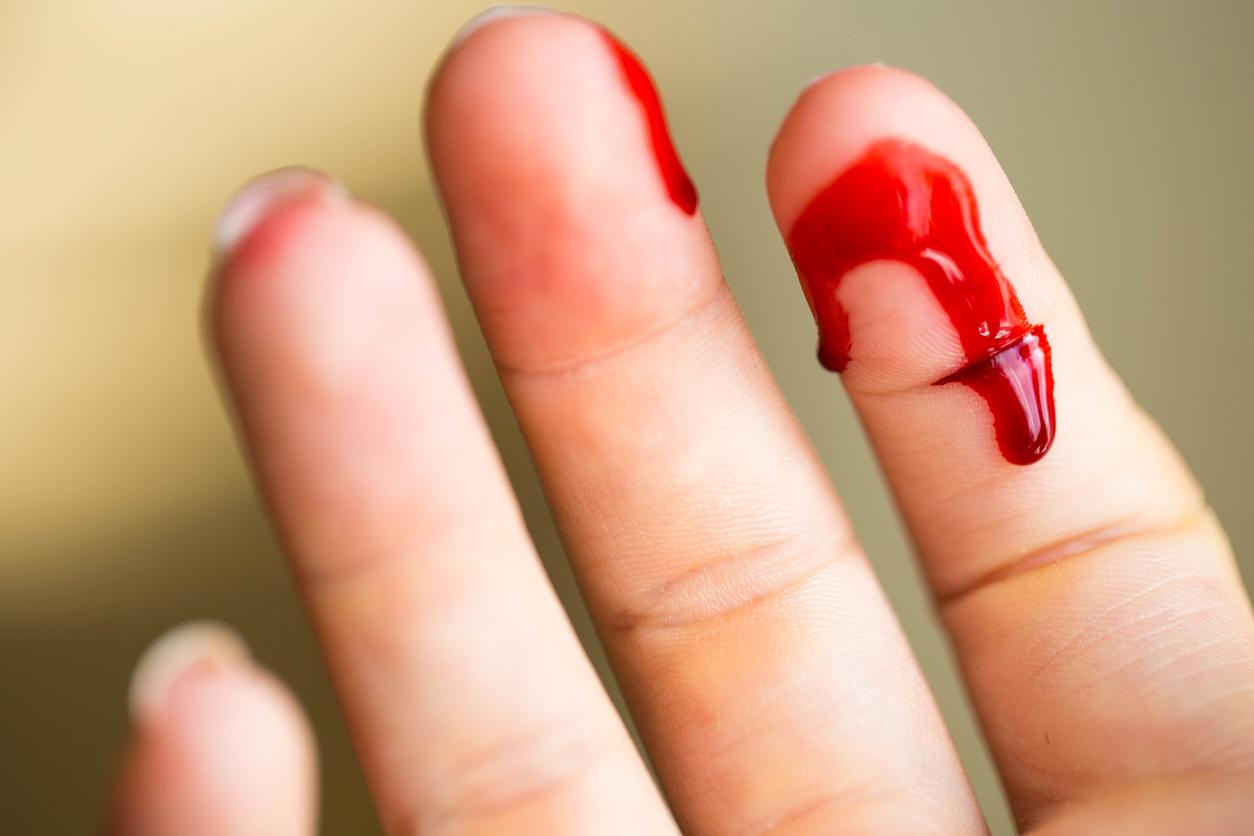Since 1983, a man who has had sex with another man during his life, even under a condom, has not been allowed to donate blood in France. Despite François Hollande’s promises before the 2012 presidential election, the government will not go back on this exclusion, which the gay community considers discrimination.
This Tuesday, March 31, the National Consultative Ethics Council (CCNE) indeed issued its opinion on this contraindication to blood donation, as had asked the Minister of Health Marisol Touraine. For CCNE, this exclusion is necessary and must be maintained to guarantee the safety and health of recipients.
CCNE thus considers that “at the current stage of knowledge, and as long as the reflections, developments and research requested have not been successful, any modification of the contraindications would expose them to medical risks which must be taken into account from a point of view. from an ethical point of view. “In this sense,” the priority remains the protection of recipients, whose safety must be ensured, “explains Jean-Claude Ameisen, president of CCNE and medical immunologist at the microphone of AFP.
If homosexual males have been excluded from donation since 1983, it is because of the high prevalence of HIV, the AIDS virus, within this population. And as the risk of contamination remains higher in this category, CCNE considers that this contraindication must be maintained. “The law specifies that no one can be excluded from donating blood, except for medical reasons. Donating blood is not a right, ”recalls Dr Ameisen.
A only temporary exclusion advocated by associations
Disappointed, the associations for the defense of the rights of homosexuals protest against this “discriminatory” decision. “This advice is absurd. It is a risky behavior which must lead to exclusion, and still temporary, not the fact that one is homosexual or that one had a homosexual relationship twenty years ago. This is an extremely worrying signal ”, underlined Stéphanie Nicot, president of the LGBT federation. The associations are all the more stunned as the regulations on this thorny subject have already evolved in several countries, notably in Australia, Canada and the United Kingdom. In Italy, Spain and Poland, the temporary exclusions for donating blood are the same for risky behavior among heterosexuals as among homosexuals (unprotected sex and / or with more than one partner in the four months before the gift).
“All of the contraindications deserve to be rethought,” nevertheless believes Jean-Claude Ameisen, “but what is crucial today is to set up information campaigns among donors, so that they take responsibility for themselves and refrain from going to blood donation centers if they have recently engaged in risky behavior. Because if the blood is systematically and duly analyzed, there is a silent window of 12 days during which the AIDS virus remains undetectable in the blood of the infected person after a risky sexual relationship. Injection drug users and transfused people are also excluded from donating blood in France. Note that the last case of HIV contamination of a blood recipient in France dates back to 2002.
Read also :
Blood donation: homosexuals could save millions of people
Blood donation: the exclusion of homosexuals is discriminatory
Blood group: what this classification means















